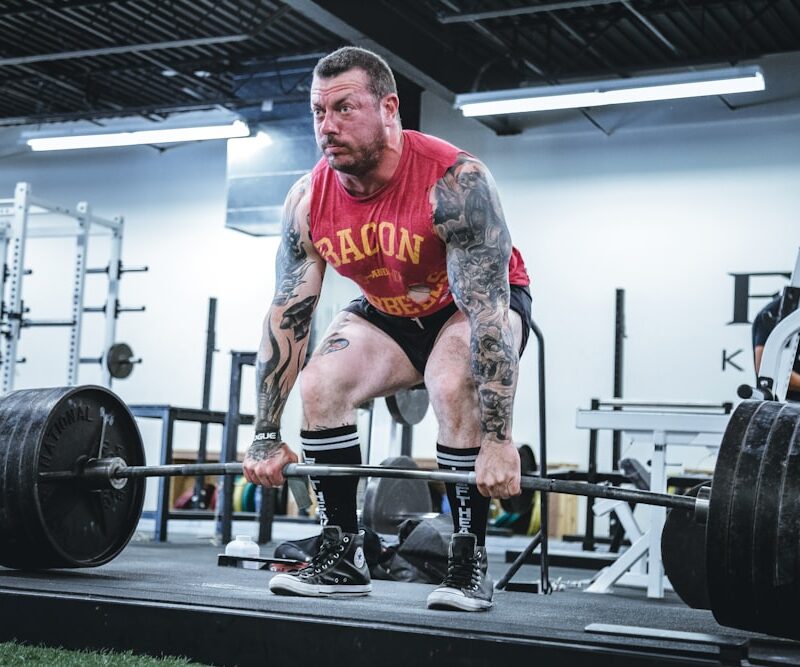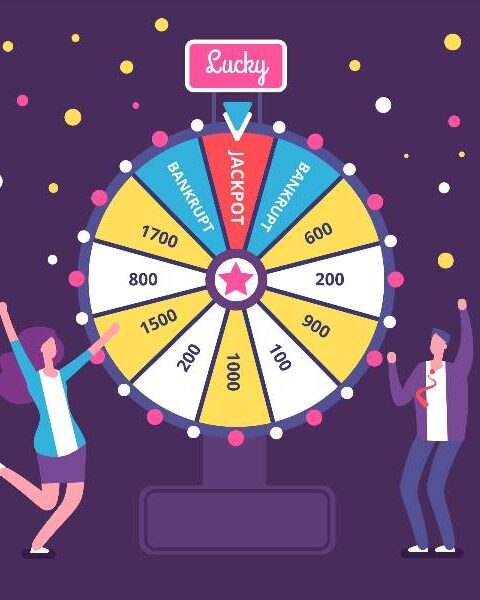Whether you’re a beginner looking to get started or a seasoned lifter aiming to break new personal records, finding the right coach can make all the difference. A great powerlifting coach isn’t just about barking orders from the sidelines; they’re your guide, mentor, and motivator.
Knowledge and Experience
Proven Track Record
First and foremost, you want a coach who knows their stuff. Look for someone with a proven track record, not just in their personal lifting achievements but in coaching others to success. Check out their credentials, ask about their experience, and look for testimonials or success stories from past clients.
Understanding of Technique
Powerlifting is all about technique. From squats to deadlifts, the right form can prevent injuries and boost performance. A good coach should have a deep understanding of proper technique and be able to teach it effectively. They should be able to demonstrate the lifts themselves and provide clear, actionable feedback to help you improve.
Communication Skills
Clear and Encouraging
Good communication is key in any coaching relationship. Your coach should be able to explain concepts clearly and be approachable when you have questions. They should also be
encouraging, helping to build your confidence as well as your strength. Look for someone who listens to your concerns and can adapt their communication style to suit your needs.
Constructive Feedback
Nobody gets it right all the time, and that’s where constructive feedback comes in. A great coach won’t just tell you what you’re doing wrong; they’ll show you how to fix it. They’ll provide specific, actionable advice that helps you make progress without feeling discouraged.
Personalised Approach
Tailored Training Programs
No two lifters are the same, so a one-size-fits-all approach doesn’t cut it. Your coach should create a training program tailored to your individual needs, goals, and experience level. This personalised approach ensures that you’re working on the right things at the right time, maximising your progress and keeping you motivated.
Flexibility and Adaptability
Life happens. Sometimes you’ll need to adjust your training schedule or approach due to work, family, or unexpected events. A good coach is flexible and can adapt your program as needed, helping you stay on track even when things don’t go as planned.
Passion and Enthusiasm
Love for the Sport
Passion is contagious. A coach who genuinely loves powerlifting will inspire you to love it too. Look for someone who is enthusiastic about the sport and eager to share their knowledge and experience. Their passion will help keep you motivated, even on the toughest days.
Energy and Motivation
Energy is another key factor. A coach who brings energy and excitement to each session can make training more enjoyable and keep you pushing forward. They should be your biggest cheerleader, celebrating your successes and encouraging you to keep going when the going gets tough.
Professionalism
Reliability and Punctuality
Professionalism matters. Your coach should be reliable, punctual, and organised. This means showing up on time for sessions, being prepared, and keeping track of your progress. A professional attitude sets the tone for your training and shows that they respect your time and commitment.
Ethics and Integrity
Integrity is non-negotiable. Your coach should operate with honesty and transparency, always prioritising your health and well-being. They should never push you beyond safe limits or encourage unhealthy practices. Trust is the foundation of a good coaching relationship, so choose someone you can rely on to have your best interests at heart.
Continuous Learning
Staying Updated
The world of sports science is always evolving. A top-notch coach stays updated with the latest research, techniques, and training methodologies. This commitment to continuous learning ensures that you’re getting the best and most effective coaching possible.
Open-Mindedness
An open-minded coach is willing to try new approaches and adapt based on what works best for you. They should be receptive to feedback and ready to adjust their methods if something isn’t working.
Empathy and Support
Understanding Your Challenges
Everyone faces challenges, both inside and outside the gym. A compassionate coach understands this and is supportive, helping you navigate obstacles and stay focused on your goals. They should be empathetic to your struggles and provide a positive, encouraging environment.
Building Confidence
Confidence is key in powerlifting. A great coach helps build your confidence, celebrating your progress and encouraging you to believe in your abilities.
The Intangible “Fit”
Personal Connection
Finally, there’s the intangible factor of personal connection. You should feel comfortable with your coach and have a good rapport. Trust your gut – if you feel a positive connection and mutual respect, that’s a great sign. After all, you’ll be spending a lot of time together, and a good personal fit can make the journey more enjoyable and productive.
Shared Goals and Values
Having shared goals and values can strengthen the coaching relationship. Make sure your coach understands your aspirations and aligns with your approach to training. This shared understanding can help you work together more effectively and stay motivated towards achieving your powerlifting dreams.
Quick Checklist for Choosing Your Powerlifting Coach
- Knowledge and Experience – Proven track record, deep understanding of technique.
- Communication Skills – Clear, encouraging, and provides constructive feedback.
- Personalised Approach – Tailored training programs, flexible and adaptable.
- Passion and Enthusiasm – Loves the sport, brings energy and motivation.
- Professionalism – Reliable, punctual, ethical, and operates with integrity.
- Continuous Learning – Stays updated with the latest research, open-minded.
- Empathy and Support – Understands your challenges, helps build confidence.
- Personal Connection – Good rapport, shared goals and values.
Finding the right powerlifting coach might take some time and effort, but it’s worth it. So take your time, do your research, and find a coach who ticks all the boxes.







